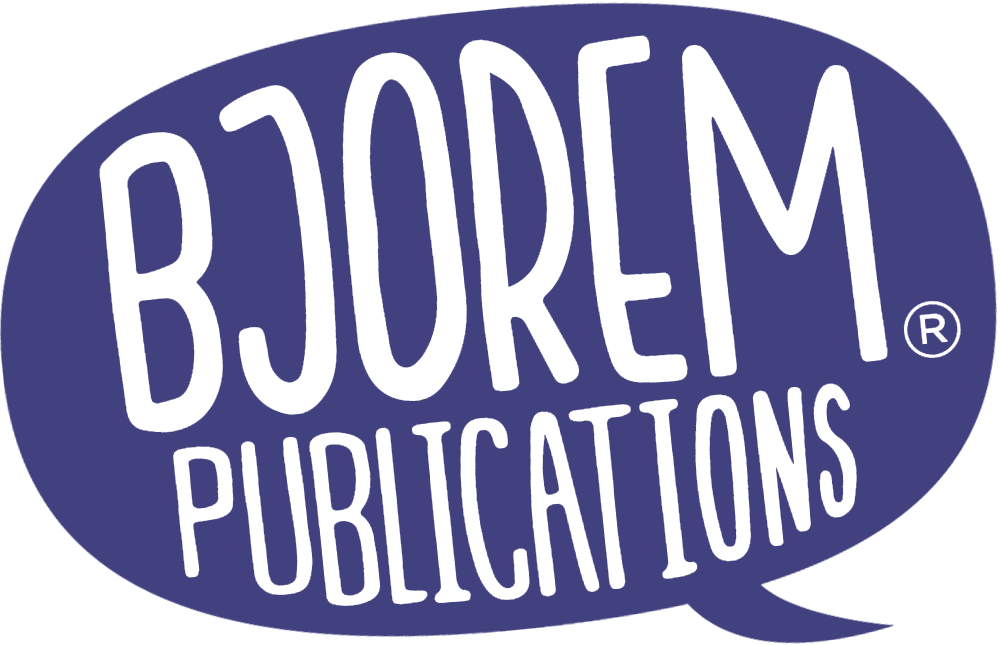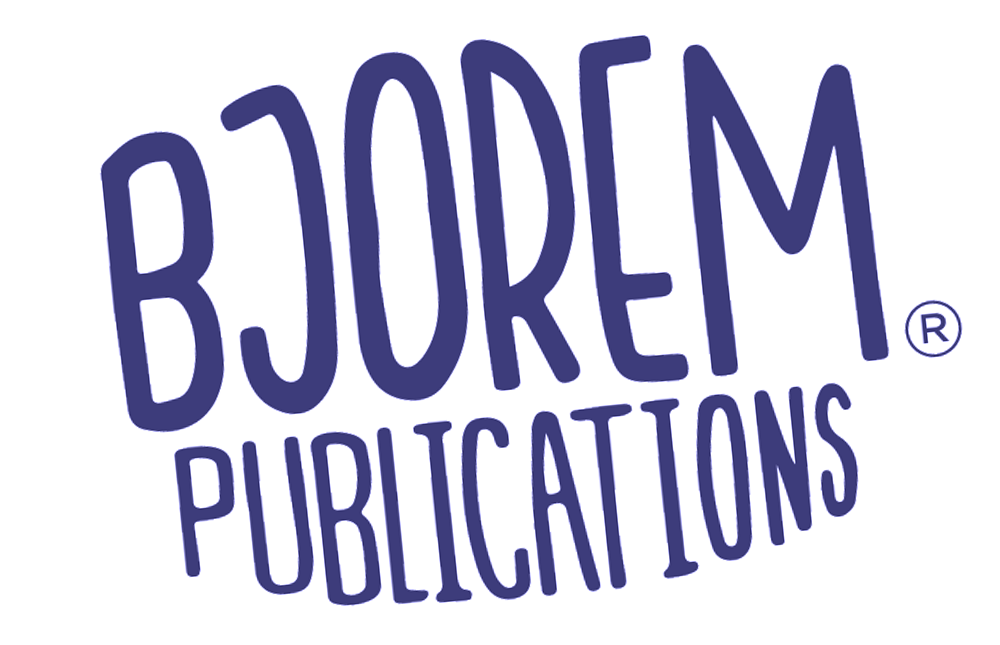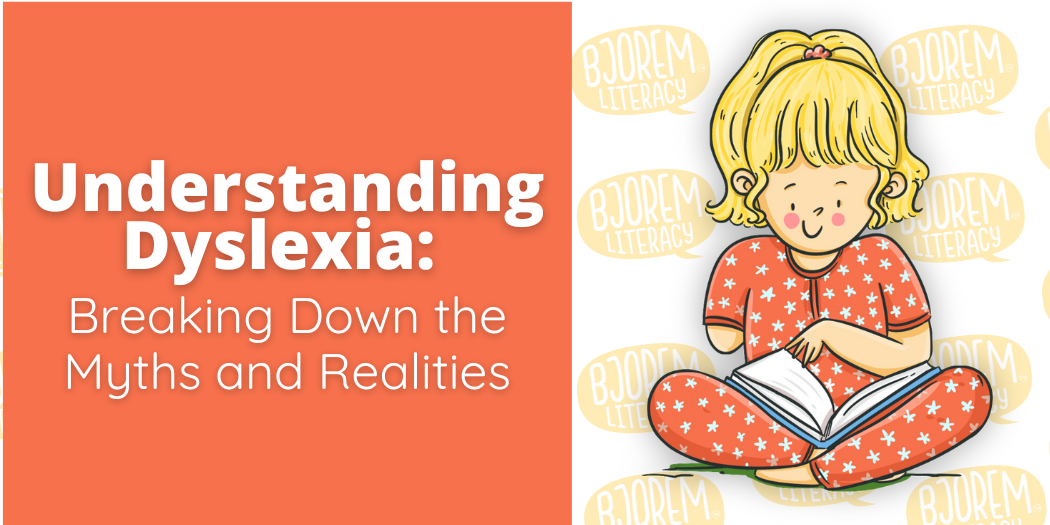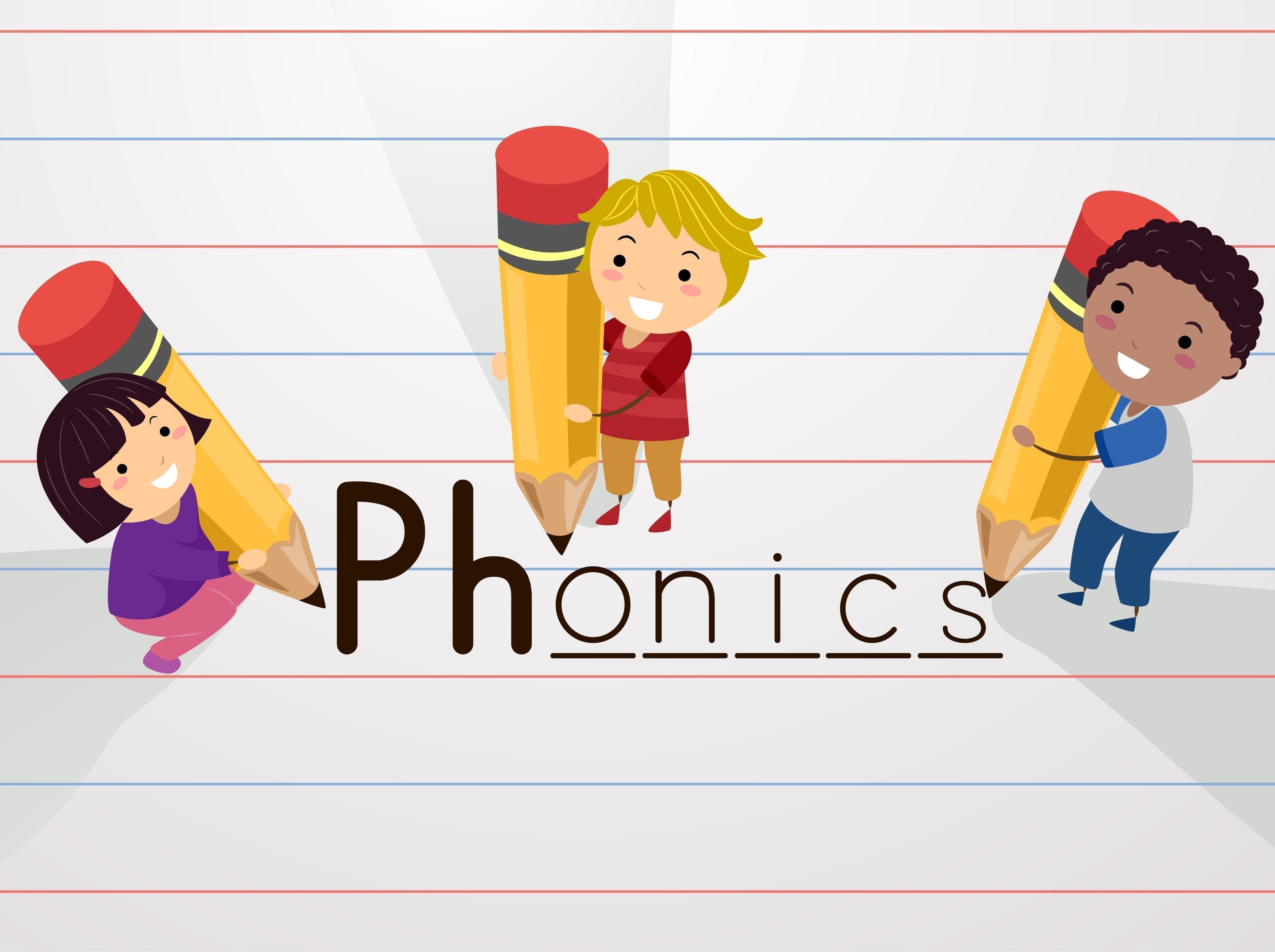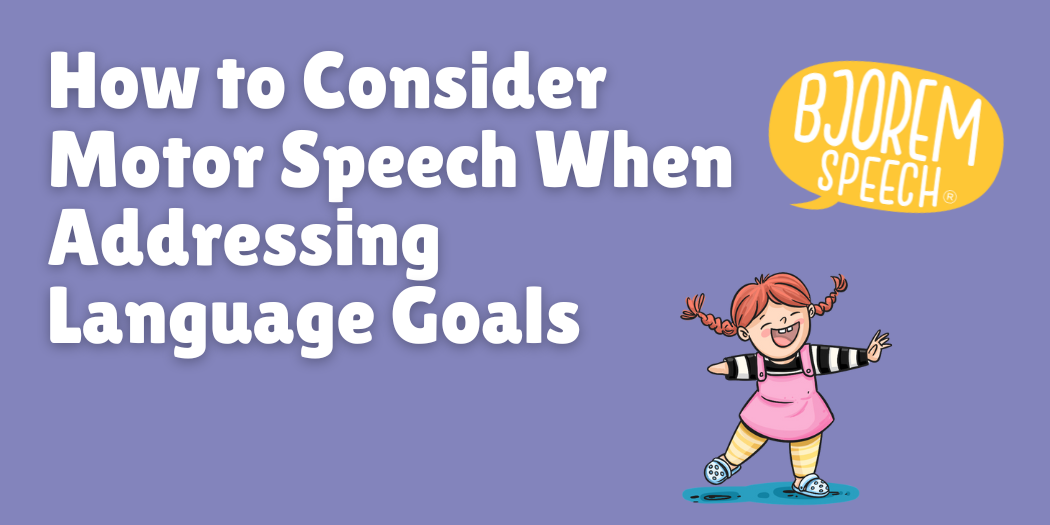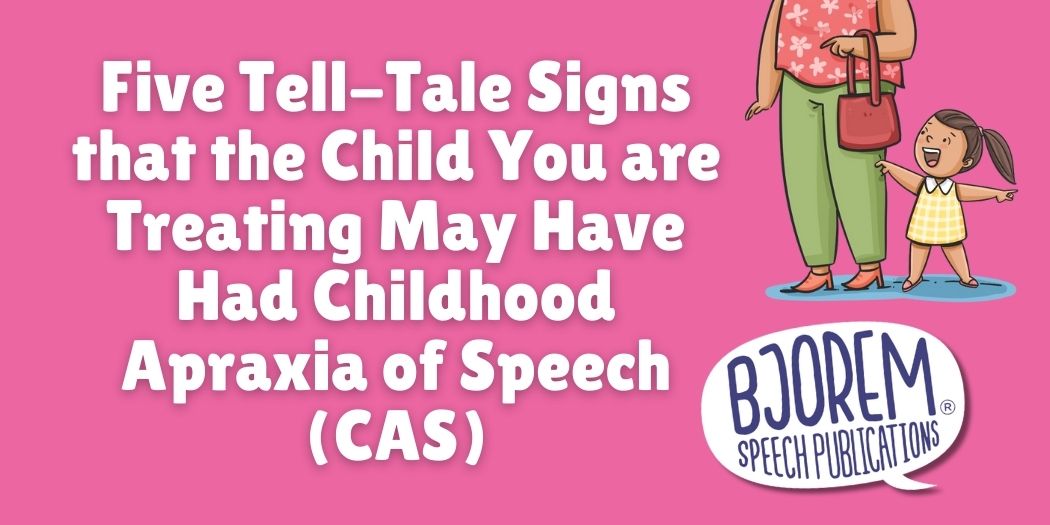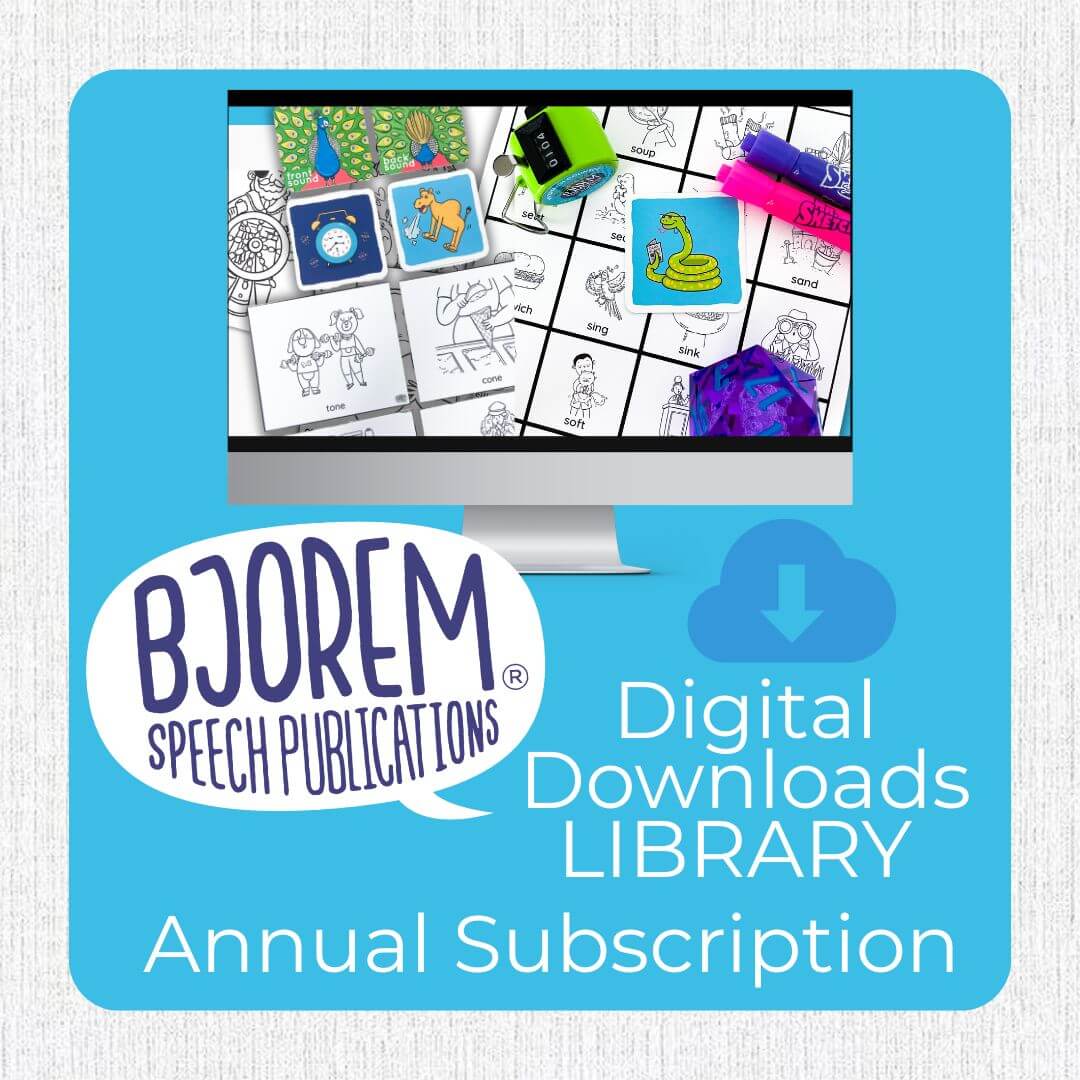
Understanding Dyslexia: Breaking Down the Myths and Realities
What is Dyslexia?
Dyslexia is a specific learning disability that primarily impacts reading, writing, and spelling abilities. At its core, dyslexia is about challenges with processing language, particularly the phonological components of words. It’s important to note that dyslexia is a neurological condition—it’s not related to intelligence, lack of motivation, or poor teaching.
Individuals with dyslexia often struggle with recognizing words accurately and fluently, which can make tasks involving reading and writing especially difficult. However, despite these challenges, people with dyslexia often excel in other areas, such as problem-solving, creativity, and spatial reasoning. Dyslexia runs in families, suggesting a genetic link, and it’s something that stays with individuals throughout their lives. But with the right support, people with dyslexia can overcome many of the challenges it presents and achieve great success.

Common Myths About Dyslexia
Unfortunately, misconceptions about dyslexia are still widespread. These myths can lead to misunderstandings and prevent people with dyslexia from receiving the support they need. Let’s tackle some of these myths head-on.
1. Myth: Dyslexia Means Seeing Letters or Words Backwards
Fact: One of the most common myths about dyslexia is that it means individuals see letters or words backwards—like confusing "b" with "d" or reading "was" as "saw." While some individuals with dyslexia may have trouble with letter reversal, this is not what defines the condition. Dyslexia is more about difficulty connecting letters to their sounds, decoding words, and recognizing them quickly. It's about processing language, not just a visual confusion.

2. Myth: People with Dyslexia Have Low Intelligence
Fact: Intelligence has nothing to do with dyslexia. In fact, people with dyslexia are often just as intelligent, if not more so, than those without it. Many individuals with dyslexia excel in creative areas or have exceptional problem-solving skills. Numerous successful people, including entrepreneurs, scientists, and artists, have dyslexia. For instance, Steven Spielberg, Richard Branson, and even Albert Einstein are all known to have had dyslexia.
3. Myth: Dyslexia Can Be Outgrown
Fact: Dyslexia is a lifelong condition. It doesn’t disappear with age or maturity, but with early identification, proper intervention, and support, individuals can improve their reading and language skills significantly. The right teaching techniques can help individuals learn to compensate for their challenges, allowing them to thrive academically and professionally.

4. Myth: Dyslexia Is Only About Reading
Fact: While dyslexia is primarily known as a reading disorder, it can affect more than just reading. It often involves challenges with spelling, writing, and even speaking. Some individuals with dyslexia struggle with word recall, which can make expressing themselves verbally more difficult. Dyslexia is a language-based learning difference, and its effects can be seen across various aspects of communication.

5. Myth: Dyslexia Is Caused by Lack of Reading Practice or Poor Teaching
Fact: Dyslexia is not caused by a lack of exposure to reading or insufficient effort. It’s a neurological difference that affects how the brain processes written language. While effective instruction is critical in helping individuals with dyslexia, the condition itself is not a result of poor teaching. Instead, it requires specialized, structured, and systematic approaches to teaching literacy skills to ensure success.

6. Myth: Boys Are More Likely to Have Dyslexia than Girls
Fact: Dyslexia affects boys and girls at similar rates. However, boys are more frequently diagnosed, possibly because they are more likely to display behaviors in school that draw attention to their struggles, such as acting out or disruptive behavior. Girls with dyslexia may be more likely to adopt coping strategies that help them "hide" their difficulties, leading to them being underdiagnosed.
The Realities of Dyslexia
Dyslexia is complex, but it’s also manageable. Early identification is key. When dyslexia is recognized early, and the right interventions are put in place, individuals can learn strategies that help them work through their difficulties and reach their full potential. This is why awareness, especially during events like Dyslexia Awareness Month each October, is so crucial. It helps to educate parents, teachers, and the public, dispelling myths and ensuring that children and adults with dyslexia receive the support they need.
Dyslexia is a lifelong, language-based learning disability, but it does not define a person’s ability to succeed. Understanding what dyslexia really is and dispelling common myths can help us provide better support and opportunities for those who live with it. Every individual deserves the chance to communicate, learn, and thrive in their own unique way.
Let’s continue to spread awareness and celebrate the strengths of individuals with dyslexia. With the right understanding, intervention, and compassion, we can ensure that every person with dyslexia has the tools they need to succeed.
How You Can Help
If you’re a parent, educator, or simply someone who wants to help raise awareness, here are a few ways to make a difference:
- Educate Yourself: Understanding what dyslexia is and what it isn’t is the first step to becoming an effective advocate.
- Spread Awareness: Share information, particularly during Dyslexia Awareness Month in October, to help others understand the realities of dyslexia.
- Advocate for Early Screening: The sooner dyslexia is identified, the sooner children can get the support they need.
- Support with Compassion: Recognize that dyslexia is not a measure of intelligence or effort. Be patient, encouraging, and supportive.

